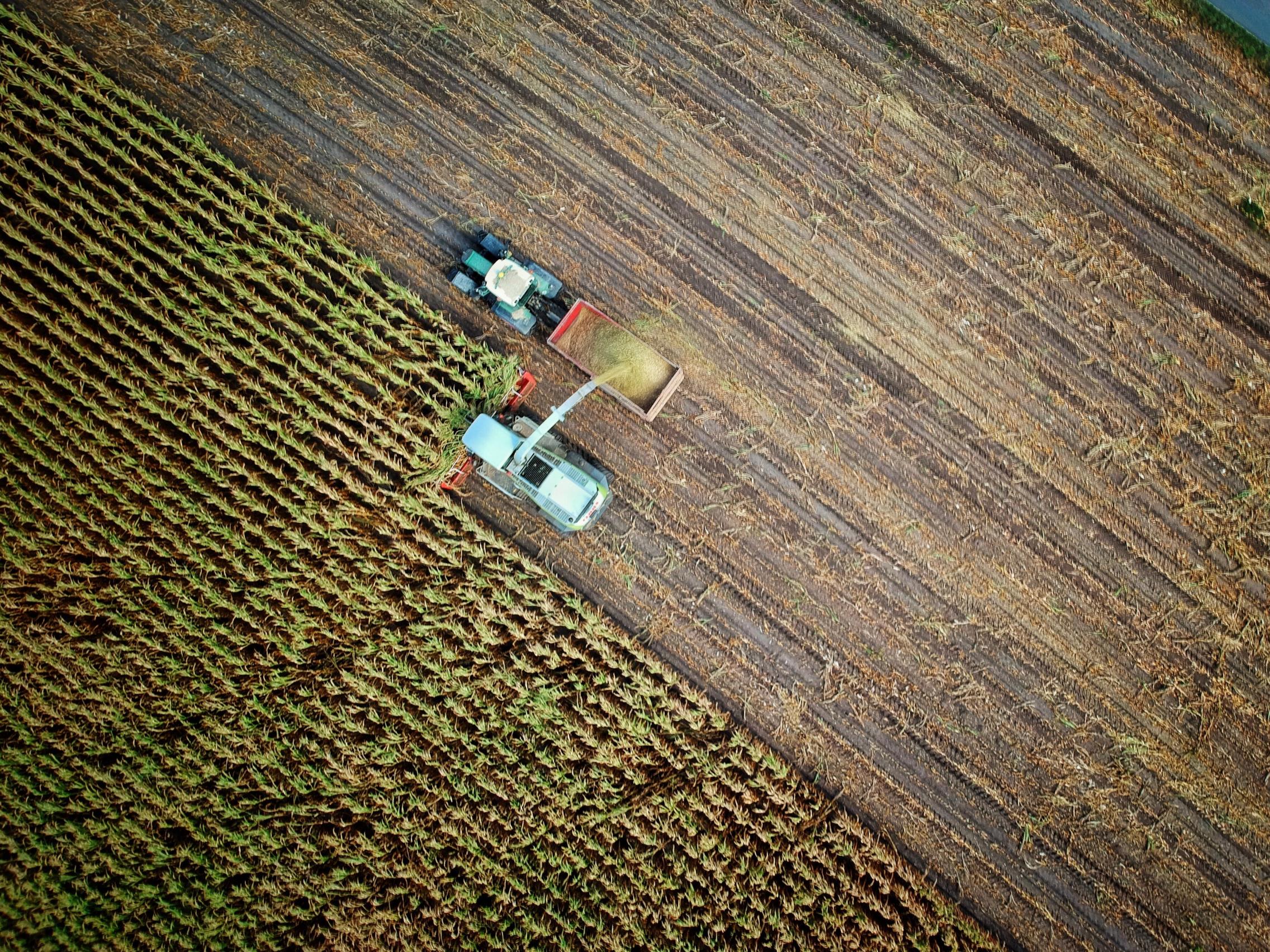What can Australia gain from agricultural subsidy reform?

Even though research earlier this century suggested market access barriers were far more important than domestic subsidies in restricting global farm trade, new analysis suggests farm subsidies have become far more important in recent years. Australia in particular could gain from their reduction abroad.
Agricultural subsidies back in vogue
In the WTO’s Agriculture Committee, members seem willing currently to look only at subsidies. That makes sense, partly because industrial subsidies are now in focus too, but also because new analysis suggests farm subsidies have become far more important in recent years. The extent of government interventions in two-thirds of the world’s markets for farm products are estimated every year by the OECD. They suggest China and the EU were the dominant providers of assistance to farmers during 2016-18, followed by the US and Japan.
Since this time the US has raised its direct subsidies significantly, with payouts in 2018-19 at 50% above the annual payments during the previous ten years. Ostensibly these are to compensate US farmers for loss of their markets in China thanks to the US-China tariff ‘war’, even though President Trump’s Phase One deal with China is meant to result in a doubling of US farm exports to China. On top of that, a one-off further US$19 billion has been dispersed to US farmers already this year to help them cope with the downturn due to COVID-19.
The economic consequences of subsidies
A recent research report modelled the economic consequences for Australia of both domestic supports and import market access restrictions on farm products globally. The database in the global GTAP model used for that purpose is based on data for 2014, before recent rises in domestic supports, so the findings can be thought of as conservative lower-bound estimates of today’s situation.
Even so, they are very sizeable. The damage to the Australian economy as a whole is estimated to be US$2.2 billion per year, although costs and gains are spread differentially across sectors. For example, net farm income losses are estimated at around US$5.5 billion. On the other hand, foreign subsidies result in lower costs for certain imported foods, resulting in a consumer gain of around US$3.3 billion. Balancing these losses and gains leaves a US$2.2 billion overall economic loss based on 2014 figures. The report’s model suggests Australia’s annual exports of agricultural products could be as much as US$9.4 billion lower as a result of the combined effects of supports and market access restrictions.
According to those model results, between one-quarter and one-third of the losses to Australia in 2014 were due to domestic support measures abroad. So even though up to three-quarters are due to import market access restrictions, the harm from domestic subsidies are substantial enough to make it worthwhile for Australia – and other farm-exporting countries – to seek subsidy reductions though negotiations at the WTO.
The policies of the EU contribute most to these losses for Australia, followed by those of Japan, South Korea and China. The reason China has a smaller direct impact on Australia despite the fact that the country’s farmers received the highest level of support of any nation globally, is because China’s farm industries compete mainly with products from US rather than Australian farmers.
Pushing for reform
The analysis presented above should provide plenty of motivation for Australia to seek reductions in farm assistance at the WTO. However, in the event that some further incentives are required, it should be kept in mind that most countries have WTO commitments that entitle them to subsidize their farmers considerably more than they are currently. If countries seek to use more of their farm subsidy entitlements in the future the economic damage to Australia would grow proportionately. The above results vindicate the increasing attention this issue is receiving in trade negotiator and commercial diplomatic circles.
By Kym Anderson, George Gollin Professor Emeritus, School of Economics, University of Adelaide; CEPR Fellow; and Honorary Professor of Economics, Arndt-Corden Dept of Economics, Australian National University
The views expressed here are the authors, and may not necessarily represent the views of the Institute for International Trade.
This work is licensed under Commons Attribution-NonCommercial-NoDerivatives 4.0 International License.
IIT is a global leader in researching, analysing and commenting on International Trade.
Stay informed about our up-and-coming seminars, events, publications, awards, new projects and collaborations, and other exciting news.
